by Sonia Felipe Larios
Economic activity must serve people and the planet
A few weeks ago I had the opportunity to share the experience of Triodos Bank and how it works from ethical banking to promote a more humane, supportive and sustainable economy in an event organized by NESI Madrid. A working group that emerged as a result of the NESI Málaga Forum (New Economy & Social Innovation) that, between 19 and 22 April 2017, aims to bring together opinion leaders and social agents from all over the world to discuss ideas and proposals, as well as sharing experiences around the new economy and social innovation.
I wonder how new is the economy of the people and organizations participating in NESI or in the movements around the social economy, the circular economy, the economy of the common good or the banking with values. Is it really new? Or how far you have to go back to talk about new or old economy.
In many cases, some of these movements include doing things “as our grandparents did”. That is, to do things with common sense. However, the social changes, the new challenges of our time and the possibilities offered by technology give them a new air, as well as a greater urgency to offer sustainable and shared solutions of change.
One of these solutions is provided by crowdfunding, which in its various forms (donation, equity, lending, investment …) is acquiring prominence in an economy that begins to dispense with intermediaries and puts in direct relation people with people, investors with companies, Donors with causes. A new way to get money from committed people to support a value-added initiative.
New? Yes, in the media, possibilities and scope. However, micro-donation is part of the roots of Triodos Bank, when in the 1970s a community of individuals convinced that another model of economy and of people-to-people relationships was necessary, met to provide small funds to Development of initiatives related to education, cultural activities, ecological agriculture or clean energy, among others. That is the origin of the Triodos Foundation, which later, in 1980, would lead to the birth of the bank in Holland.
The history of Triodos Bank is framed in a time of turmoil and change, with the revolts of 1968 in the background. It is in these moments of crisis when options also arise for the change to be positive. Today we are also experiencing a period of transformation, in which this search for a more sustainable, fair and people-oriented economy is becoming more meaningful.
There are other initiatives of ethical banking, with values, that for years have traditionally incorporated values in the economic world and promoted another model of finance where people are the center. Forty of them are grouped in the Global Alliance for Banking on Values, which collaborates with NESI in one of the lines of work that will be addressed in the forum: Rethinking Money. Triodos Bank is a co-founder and chair of this network of sustainable banks, which seeks to join forces and voices to promote a movement of people, banks and organizations with values calling for a fair, transparent a a more sustainable financial system serving the needs of people and the challenges of the planet.
This objective of working in a network is precisely one of the basic pillars of that New Economy that we defend, where the role of companies is to work to cover real needs, to put capacities of some to the service of others and to generate benefit that has repercussions in the social welfare.
More than new economics, it is economy of common sense. But what really is new in it are three elements:
- New technologies, which have changed our way of relating and allow us to connect easily, sometimes without intermediaries and distances previously insurmountable. They have empowered citizens in some way, if used responsibly, and give voice to interesting initiatives that bring together different social agents: users, companies, administration, media …
- On the other, the interest in creating networks, and the ease of doing so thanks to technology. We want to add voices, and look for synergies over differences. The NESI Malaga Forum or the GABV Sustainable Banking Movement is a good example of diversity being positive, but above all, it is the primary objective of changing things.
- Finally, be aware of what we can no longer afford. Again, a time of crisis gives us the opportunity to change things, before they return to their previous course. Climate change, the drama of refugees or bank scandals are there and they do not allow us to return to what we had.
Now is the time to create a new economic narrative based on values ??and social, environmental and economic benefits. We must choose whether to give this sense to a “New Economy” or to limit its meaning to the concept coined by the economist Brian Arthur in the late 1990s that defined it as an economy based on globalization and new technologies.
With New Economy, Arthur referred to new businesses that were being created, new market niches or new products where knowledge dominated production, but in no case propose a change in the rules of the economic game or revise the sense of profit . The collapse of dot com companies exemplifies well that lack of real, bottom-line change.
Collaborative economics is a good example of the dilemmas experienced by the new economy: What are the essential values ??of this movement? Is it just about doing things in a different way, more efficient and without intermediaries, or proposing relationships of value? According to a study by OCU and Ouishare on collaborative consumption, only 10% of the collaborative economy platforms pursue social transformation. 55% are focused on building strong relationships among their users, while 35% are looking for a simple transaction. A key issue is the collaborative economy with values, which from Ouishare pay great attention.
It is time for the agents of change to promote with our example a more humane and sustainable economy so that we can make the change to a new economy not only about how to do it, but what to do, why and for what. And most importantly, for whom. Focusing on the essence of economic activity, which is human relations, where money serves to promote an economy that, whether old or new, is at the service of people and the planet and seeks to create value and not money.
translated article from http://elpais.com/elpais/2017/03/06/alterconsumismo/1488792522_692688.html
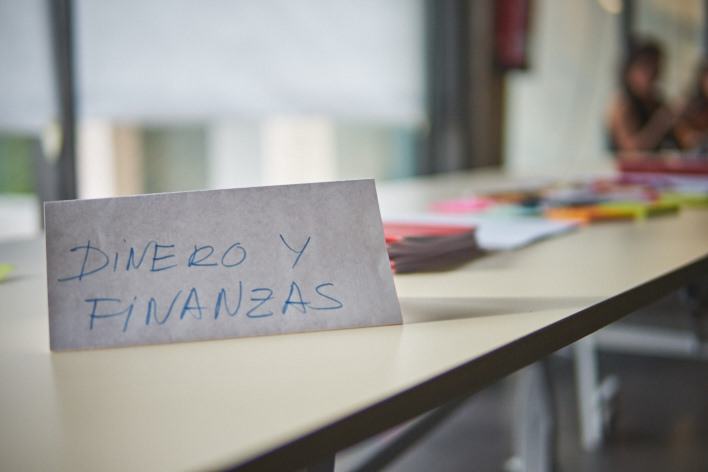
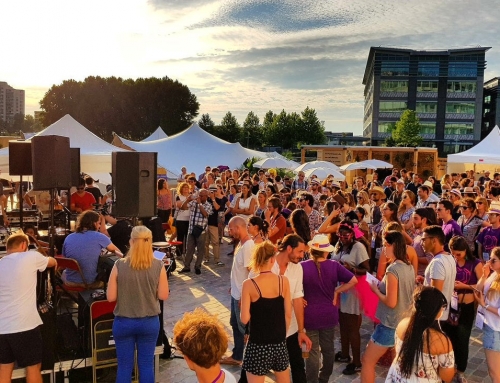
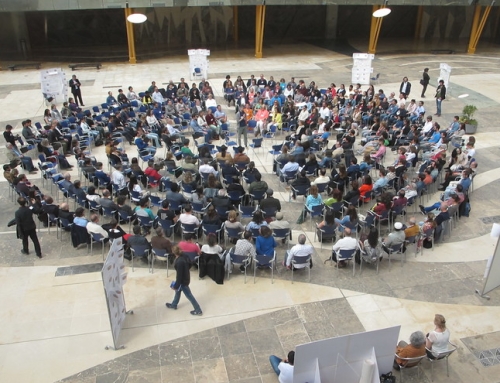
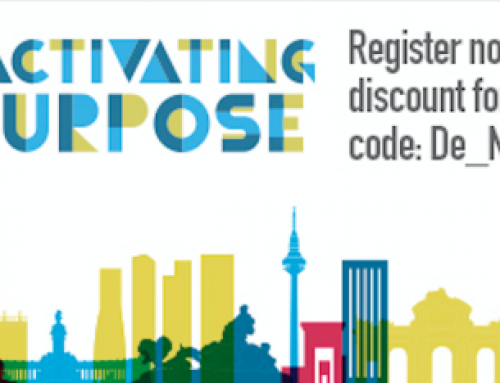
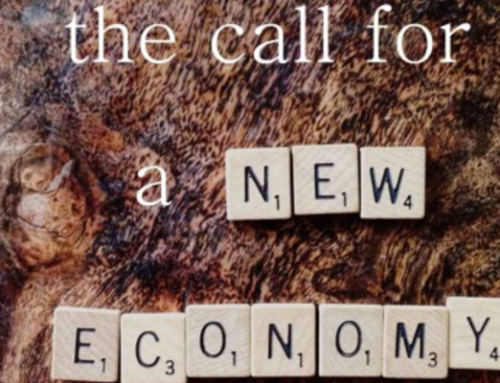
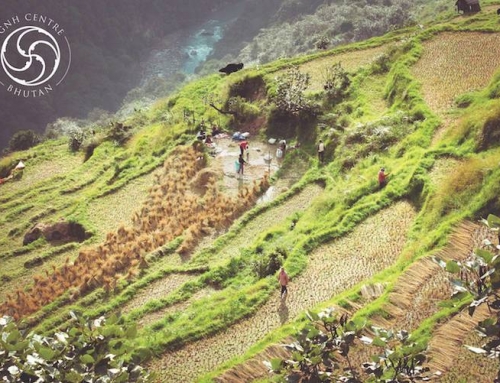
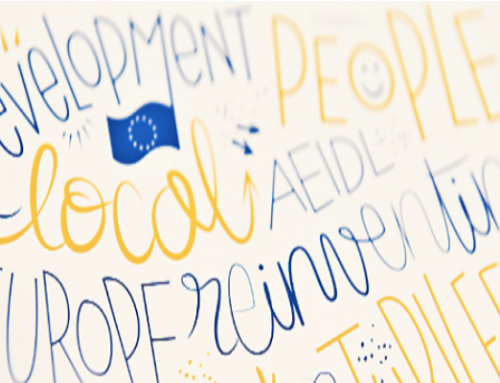
Leave A Comment